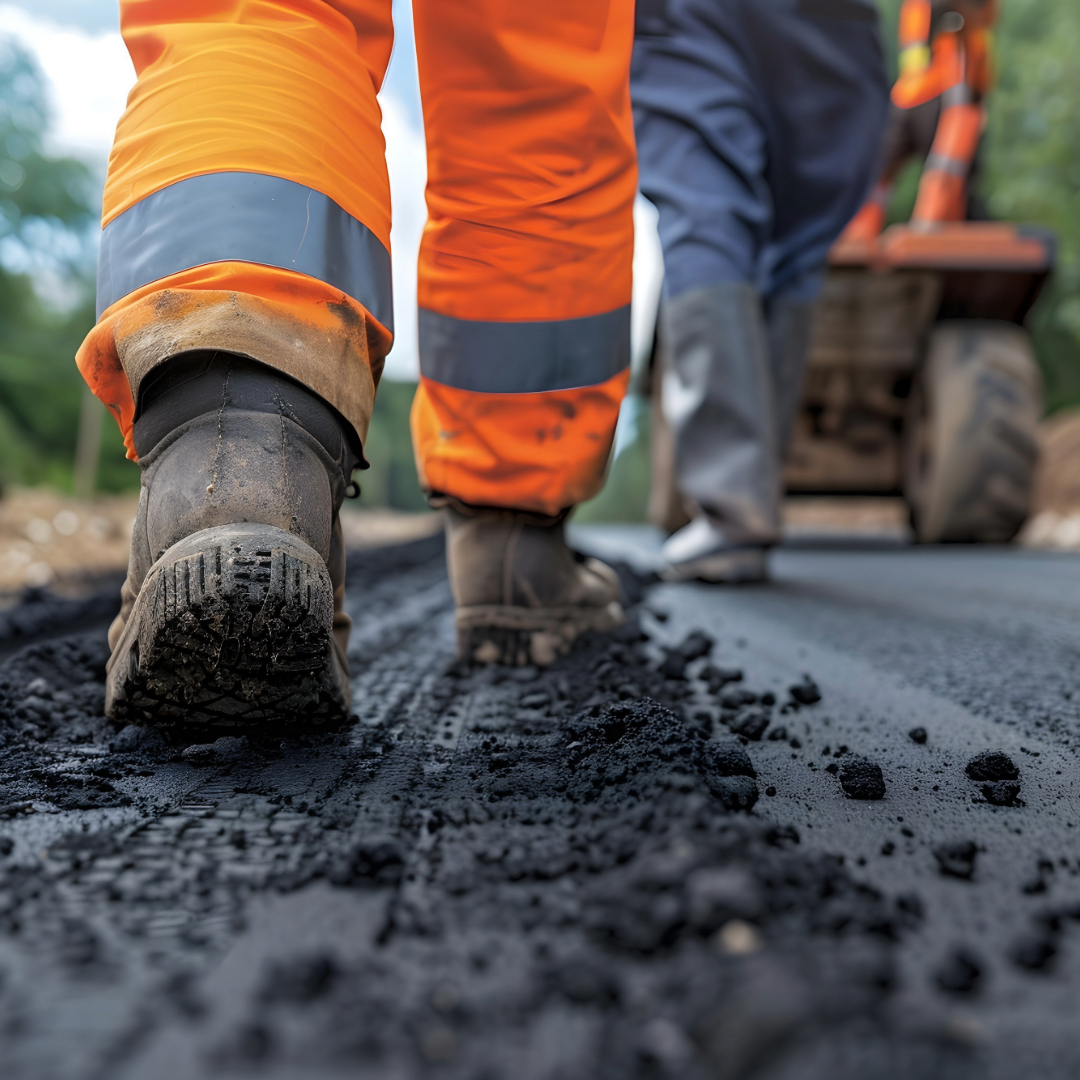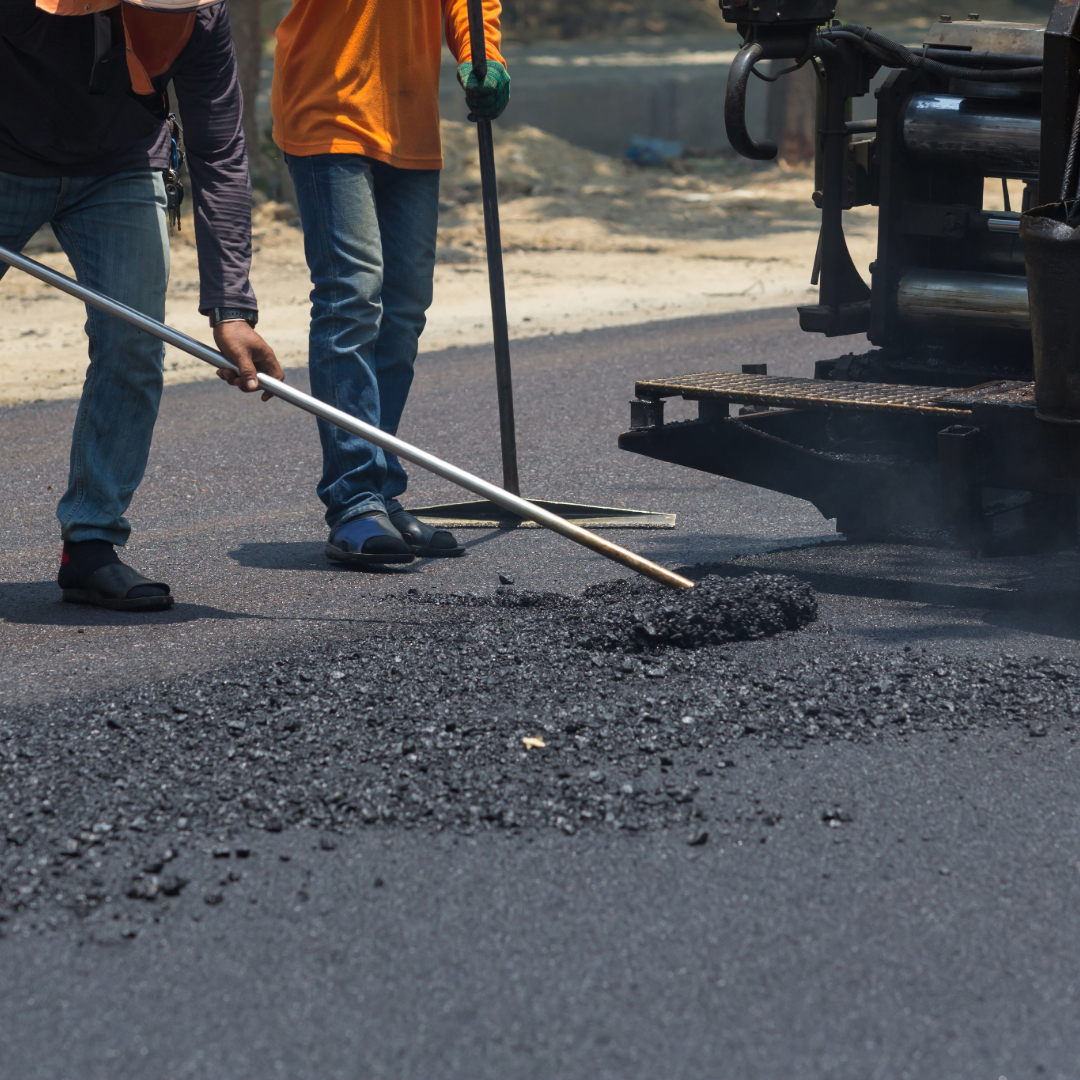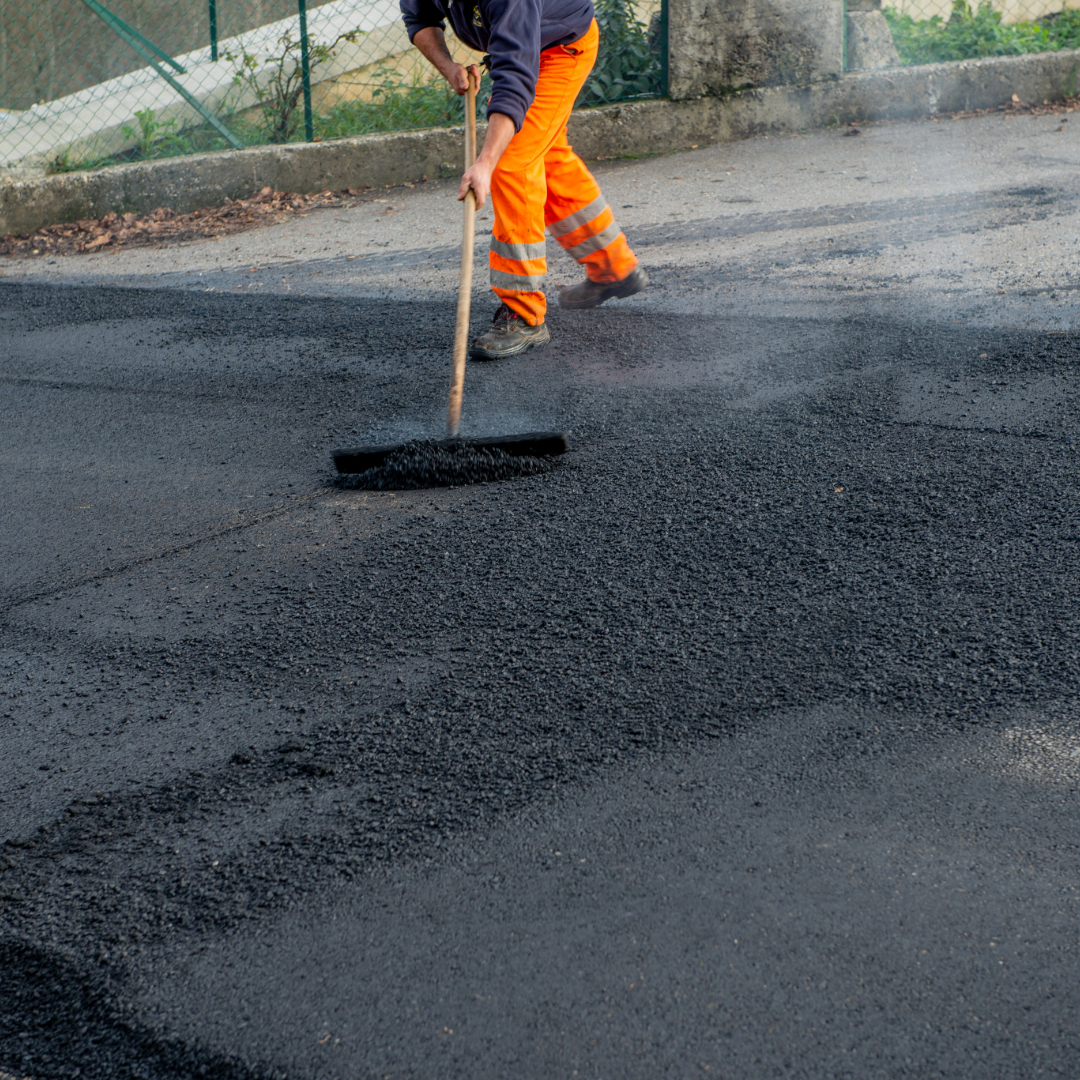Asphalt is a versatile material commonly used in road construction, parking lots, and driveways. However, not all asphalt is created equal. There are several different types of asphalt, each with unique properties and uses. In this article, we will explore the various types of asphalt, their characteristics, and their applications.
Understanding Asphalt
Asphalt is a mixture of aggregates (like sand, gravel, and crushed stone) and bitumen, a sticky, black, and highly viscous liquid or semi-solid form of petroleum. It is used primarily in road construction because it creates a smooth, durable, and water-resistant surface.

Different Types of Asphalt
There are several types of asphalt, each designed to meet specific needs and conditions. Here are some of the most common types:
1. Hot Mix Asphalt (HMA)
Hot Mix Asphalt is the most commonly used type of asphalt. It is produced by heating asphalt binder to decrease its viscosity and drying the aggregates to remove moisture. The two are then mixed together at a high temperature, usually between 300-350 degrees Fahrenheit.
Characteristics of HMA:
- Durable and weather-resistant
- Can withstand heavy traffic loads
- Ideal for highways, and busy roads
Applications:
- Highways
- Airport runways
2. Warm Mix Asphalt (WMA)
Warm Mix Asphalt is produced at lower temperatures than Hot Mix Asphalt, typically between 200-250 degrees Fahrenheit. This is achieved by adding certain additives to the asphalt mixture, which allows it to be mixed and laid at lower temperatures.
Characteristics of WMA:
- Reduced emissions and energy use
- Easier to work with in cooler temperatures
- Longer paving season
Applications:
- Urban and residential roads
- Environmentally sensitive areas
3. Cold Mix Asphalt
Cold Mix Asphalt is produced without heating the aggregates. It is typically used for patching and repairing small areas because it can be stored and used as needed without the need for reheating.
Characteristics of Cold Mix Asphalt:
- Easy to use and store
- Ideal for patching potholes and small repairs
- Less durable than HMA and WMA
Applications:
- Pothole repairs
- Small-scale road repairs
- Temporary fixes
Specialized Asphalt Types
In addition to the common types mentioned above, there are specialized asphalts designed for specific conditions and uses.
4. Porous Asphalt
Porous Asphalt is designed to allow water to drain through the pavement surface, reducing runoff and improving water quality. It is often used in areas where drainage is a concern.
Characteristics of Porous Asphalt:
- Reduces runoff and improves drainage
- Environmentally friendly
- Helps to recharge groundwater
Applications:
- Parking lots
- Driveways
- Pathways
5. Mastic Asphalt
Mastic Asphalt is a type of asphalt that is highly durable and waterproof. It is used in applications where a smooth, long-lasting surface is required.
Characteristics of Mastic Asphalt:
- Highly durable and waterproof
- Smooth finish
- Resistant to chemicals and oil spills
Applications:
- Bridge decks
- Rooftops
- Industrial flooring
6. Cutback Asphalt
Cutback Asphalt is made by dissolving asphalt cement in a solvent. This type of asphalt is used primarily for its ease of application in colder weather, as the solvent helps to reduce the viscosity of the asphalt.
Characteristics of Cutback Asphalt:
- Easy to apply in cold weather
- Temporary solution
- Releases volatile organic compounds (VOCs)
Applications:
- Cold weather paving
- Temporary road repairs
7. Polymer-Modified Asphalt (PMA)
Polymer-Modified Asphalt is created by adding polymers to the asphalt mixture. This enhances the properties of the asphalt, making it more flexible and durable.
Characteristics of PMA:
- Increased flexibility and durability
- Resistant to cracking and rutting
- Better performance in extreme temperatures
Applications:
- High-traffic roads
- Airports
- Heavy-duty pavements

Choosing the Right Type of Asphalt
Selecting the appropriate type of asphalt depends on several factors, including the specific use, environmental conditions, and budget.
Here are some key considerations:
Traffic Load
For areas with heavy traffic, such as highways, Hot Mix Asphalt or Polymer-Modified Asphalt is ideal due to their durability and ability to withstand heavy loads.
Weather Conditions
Warm Mix Asphalt is suitable for cooler climates, as it can be applied at lower temperatures. Cutback Asphalt is also a good option for cold weather applications.
Environmental Concerns
Porous Asphalt and Warm Mix Asphalt are more environmentally friendly options. Porous Asphalt reduces runoff and improves drainage, while Warm Mix Asphalt reduces emissions and energy use.
Budget
Cold Mix Asphalt is a cost-effective solution for small-scale repairs and temporary fixes. However, for long-term durability, investing in Hot Mix Asphalt or Polymer-Modified Asphalt may be more economical in the long run.

The Path Forward
Understanding the different types of asphalt and their specific applications is crucial for making informed decisions in construction and road maintenance projects. Whether you're building a new road, repairing a parking lot, or addressing drainage concerns, there is an asphalt type that fits your needs.
By considering factors such as traffic load, weather conditions, environmental impact, and budget, you can choose the right type of asphalt to ensure a durable and efficient pavement surface.
If you are looking for experienced civil engineering company to guide you through the development process in Edmonton and across Alberta, be sure to engage with Bolson Engineering and Environmental Services. We will be happy to consult with you as your trusted engineering partner.

